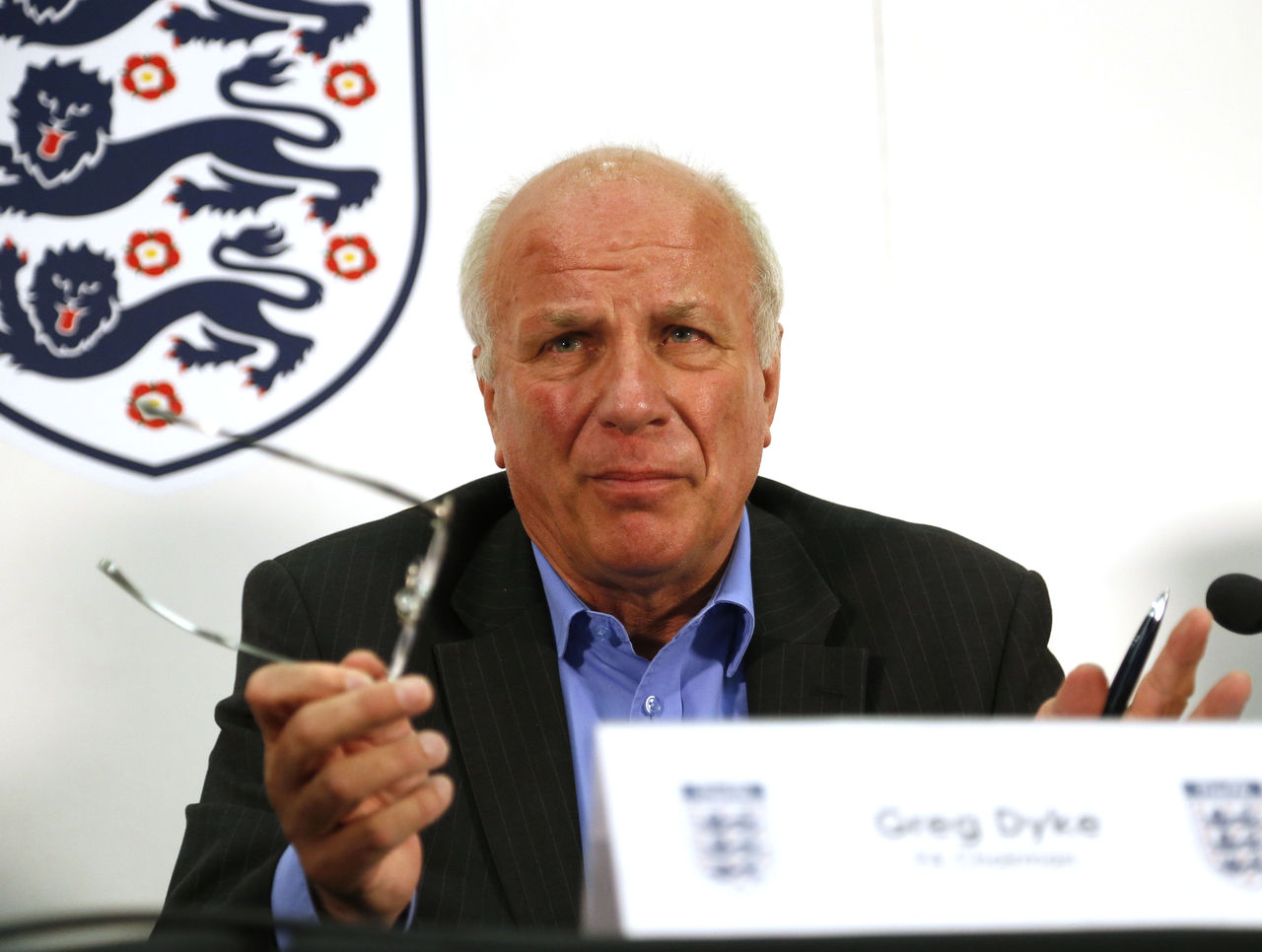Premier League to remain 'hugely successful' after Brexit
The Premier League insists it will continue to be a "hugely successful sporting competition that has strong domestic and global appeal" despite Britain's exit from the European Union.
Votes were cast across England, Scotland, Wales, and Northern Ireland on Thursday choosing on whether to "Leave" (i.e. support Brexit) or "Remain" in the EU. In a close referendum, the former edged the ballot with a 52 percent majority, causing the value of the pound to plummet and Prime Minister David Cameron to tend his resignation.
While analysing the affects on English football can seem somewhat trivial given that Britain will be undergoing a significant and potentially tumultuous transformation, the Premier League has felt obliged to provide a defence over concerns of a reduced output quality in the wake of Brexit.
Related: Brexit result threatens complexion of English club football
"Given the uncertain nature of what the political and regulatory landscape might be following the "Leave" vote, there is little point second guessing the implications until there is greater clarity," a division spokesman said.
"Clearly, we will continue to work with Government and other bodies whatever the outcome of any process."
Chairman of the Football Association, Greg Dyke, confessed he was pleased with the prospect of more English players playing in the top flight - a figure which is around just 30 percent of Premier League squads - and said he doubted top overseas talent would now deem Britain a less desirable destination.

"It would be a shame if some of the great European players can't come here but I don't think that will happen. Whether the total number reduces will depend on the terms of the exit," he said.
The stoic words from the Premier League and positive assessment from Dyke is at odds with the sobering claims of Simon Chadwick, professor of sports enterprise at Salford University.
"Clubs could suddenly find players are much more expensive because the pound is worth less," he told BBC Sport.
Chadwick continued:
Our sport for several decades has been underpinned by European Union legislation. We are going to have to think about new rules and new ways of doing things through a period of uncertainty and I think incredible instability, and that could last anything up to five, possibly 10 years.
The most immediate impact in the short term will be upon this transfer window. What we've seen over the last few hours is the pound plummeting in value by as much as 10 percent at certain stages.
Brexit was a poll that almost split a nation completely in half, but football luminaries in Britain appeared widely against separating from the EU.
Related: British football disappointed by EU separation
The political bombshell could already be affecting clubs too, with Hamilton Academical manager Martin Canning anticipating a change in the Scottish Premiership club's signing policies back in March.
"One of the first things we do when we look at a player from overseas is ask the question - do they need a work permit?" Canning told BBC Scotland, who claimed there were "seven or eight" EU national players on the Hamilton books at the time of interview.
"If that's the case, we generally don't go down that route, so that would definitely have an impact on the club."